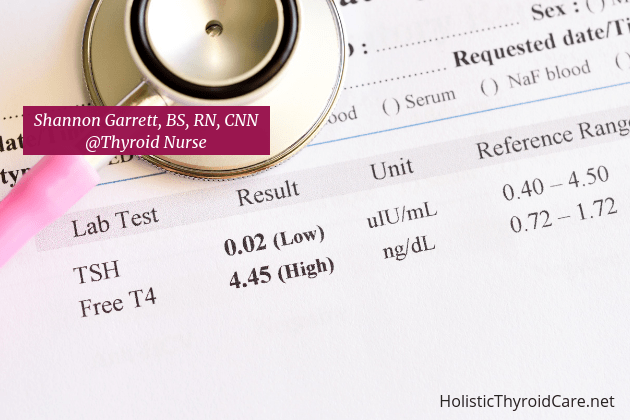
The following is a guest post TSH: What You and Your Doctor Need to Know is by my colleagues at FunctionalMedicineUniversity.
If you are a practitioner and interested in learning how to apply the principles of functional medicine in your practice, I invite you to visit Functional Medicine Coaching Academy | An IFM Collaboration™
TSH: What You + Your Doctor Need to Know
Thyroid stimulating hormone (TSH) is the hormone produced by your pituitary gland to control the function of your thyroid gland. A high TSH means your pituitary senses that your thyroid is underactive.
Many labs are misleading physicians by using outdated ranges of normal for TSH, thus preventing doctors from giving their patients the most effective thyroid treatment they need.
The National Health and Nutrition Examination Survey (NHANES III) demonstrated that the mean TSH in apparently normal, healthy participants is 1.4 uIU/mL.
Based upon the results of NHANES III, The National Academy for Clinical Biochemistry has recommended since 2002 that a serum TSH level between 0.5-2.0 uIU/mL be considered the optimal therapeutic target for replacement treatment of hypothyroidism.
There are several studies showing that any TSH above 2.5 is associated with metabolic syndrome, insulin resistance, elevated fasting triglycerides, elevated blood pressure, and higher body mass index. Here is one representative study:
This study found that subjects with a TSH in the upper “normal” range (2.5-4.5) had a significantly higher BMI, higher fasting triglycerides, and their likelihood for fulfilling the ATP III criteria of the metabolic syndrome was 1.7 fold increased. The study concluded that a TSH above 2.5 is associated with an unfavorable metabolic profile.
In the event your TSH is above 2.0 it is my opinion you should first NOT accept this as normal and second you should seek a health professional knowledgeable in the identification and treatment of thyroid disorders.
Most physicians will ignore a TSH of 2.0 and insist that this is normal.
I beg to differ and would suggest that you demand that your doctor order a total T4 and T3 and a free T4 and T3. I would also recommend you ask your doctor to order an Anti-thyroid peroxidase (anti-TPO), Thyroglobulin Antibodies (TgAb).
I have worked with many patients who were told their TSH was perfectly normal and soon discovered after running the above labs they had full blown Hashimoto’s Disease. This is an auto-immune disease of the thyroid.
Don’t be a victim to what some doctors consider a normal TSH. Fight for your right to achieve optimal health.
Reference:
Ruhla S, Weickert MO, Arafat AM, Osterhoff M, Isken F, Spranger J, Schöfl C, Pfeiffer AF, Möhlig M. A high normal TSH is associated with the metabolic syndrome. Clin Endocrinol (Oxf). 2010 May;72(5):696-701
Be prepared to take your thyroid health into your own hands…
Sadly, we can’t always rely on our healthcare system (which is driven in part by insurance companies) to allow doctors to order the right thyroid tests (lab tests beyond the basic TSH and T4 lab tests).
SAVE 80% on the Thyroid Health – Advanced panel by self-ordering your lab requisition through our Ulta Lab Test channel (partnering with Quest Diagnostics) to bring you low-cost lab testing by bypassing mandated “customary fees” typically associated with insurance billing. Many of our clients and readers pay far less by using this convenient self-ordered option than what their insurance co-pay would have been for the same test.
The Advanced Thyroid Health panel includes the following lab markers for a total of only $153, which is 82.66% less than what the total is when billed to most insurance companies due to regional customary billing fee regulations. You can also save more by checking the home page for additional discount codes to apply to your lab requisition order.
- T3 Reverse
- T3 Total
- T3 Uptake
- Free T3
- T4, Total
- Free T4
- Thyroid Peroxidase Antibodies (marker to assess Hashimoto’s, an autoimmune disease)
- Thyroglobulin Antibodies (marker to assess for Hashimoto’s and/or Graves’ autoimmune disease)
- TSH
*Be sure to share your results with your healthcare provider. In addition, read “How it Works” to learn more.
You may also enjoy:
Hashimoto’s & Gut Infections with Dr. Nikolas Hedberg (from our guest expert interview series).
Error: No posts found.
Make sure this account has posts available on instagram.com.




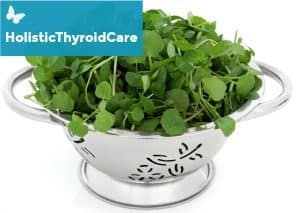
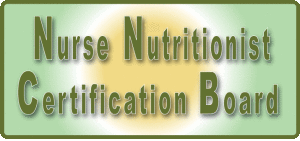
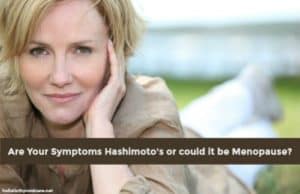
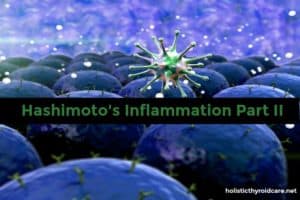
What about having a very suppressed TSH; 0.022 while taking NP by Acella? I tried lowering my dose to bring it up into range but my frees fall a lot more than the TSH rises bringing back all hypo symptoms. It was the same on Armour, Naturethroid and WP so I know it’s not the hormone. When I took the synthetics, I couldn’t convert so that is not an option.
We recommend if hypothyroidism is related to Hashimoto’s to dose natural desiccated thyroid medication primarily on the results of Free T3 and Free T4 along with symptoms. TSH is mainly useful for subclinical hypothyroidism for a patient on Synthyroid or levothyroxine…medication that doesn’t contain direct T3.
Hope this helps 🙂